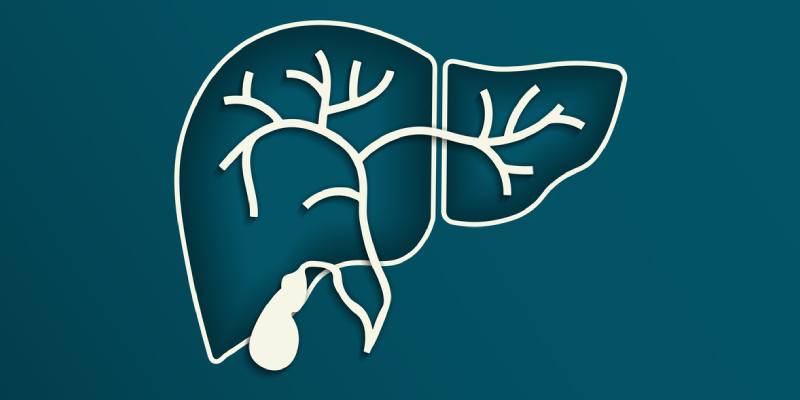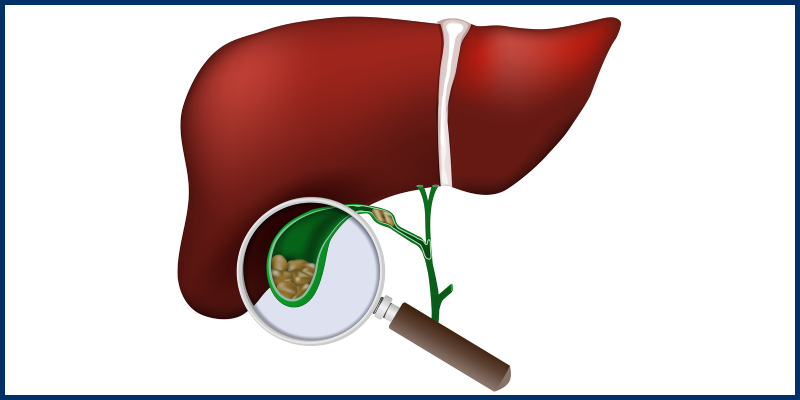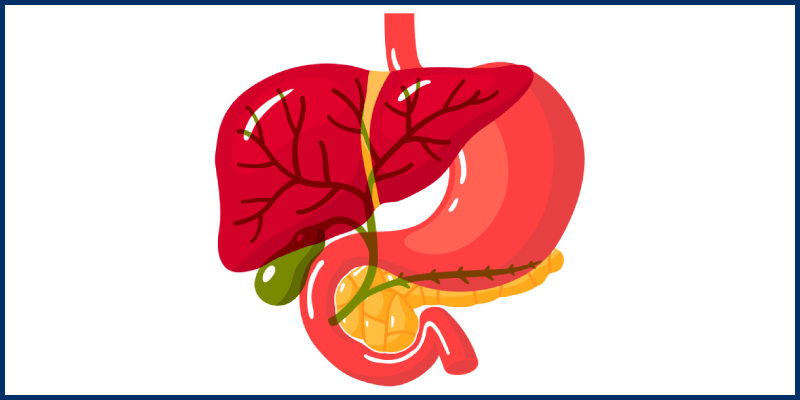
Clinically actionable genomic alterations in patients with cholangiocarcinoma (CCA) include fibroblast growth factor receptor 2 (FGFR2) fusions and rearrangements.
In the phase 2 FIGHT-202 study, pemigatinib, an oral inhibitor of FGFR1-3, showed efficacy in patients who had previously received treatment for advanced or metastatic CCA with FGFR2 alterations.
A study from Arndt Vogel, MD, PhD, and colleagues published in ESMO Open detailed final outcomes from the FIGHT-202 study’s extended follow-up period.
Researchers included patients with previously treated advanced or metastatic CCA with FGFR2 fusions or rearrangements (cohort A), other FGF/FGFR alterations (cohort B), or no FGF/FGFR alterations (cohort C). Participants received pemigatinib 13.5 mg once per day for 21-day cycles with 2 weeks on and 1 week off until achieving disease progression or unacceptable toxicity.
The study’s primary end point was objective response rate (ORR) in cohort A. Secondary end points included duration of response (DOR), progression-free survival (PFS), overall survival (OS), and safety.
For the 147 participants, the median follow-up period was 45.4 months. Upon final analysis, 145 patients had ended treatment, citing progressive disease (71.4%), withdrawal by patient (8.2%), or adverse events (AEs; 6.8%).
In cohort A, the ORR was 37% (95% CI, 27.9-46.9), with 3 patients demonstrating complete response and 37 patients demonstrating partial responses. The median PFS was 7.0 months, median OS was 17.5 months, and median DOR was 9.1 months.
The most reported treatment-related AEs (TRAEs) included hyperphosphatemia (58.5%), alopecia (49.7%), and diarrhea (47.6%). Of all the participants, 15 (10.2%) discontinued pemigatinib due to TRAEs.
“Pemigatinib demonstrated durable response and prolonged OS with manageable [AEs] in patients with previously treated, advanced/metastatic CCA with FGFR2 alterations in the extended follow-up period of FIGHT-202,” the investigators wrote.







 © 2025 Mashup Media, LLC, a Formedics Property. All Rights Reserved.
© 2025 Mashup Media, LLC, a Formedics Property. All Rights Reserved.